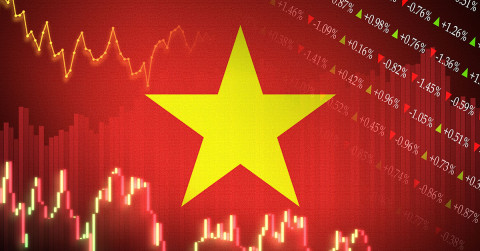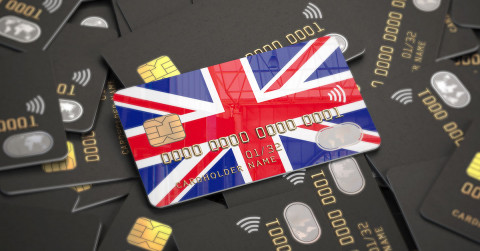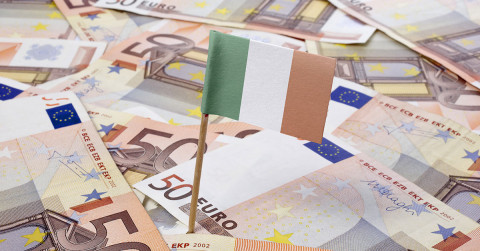-
 FX 101 January 23, 2026
FX 101 January 23, 2026How to send large international business payments without bank markups
Large cross-border payments are commonplace in global business, but using traditional banks can quickly add unexpected costs. Banks routinely...
-
 FX 101 January 16, 2026
FX 101 January 16, 2026What is the currency in Myanmar
Myanmar’s official currency is the kyat, abbreviated MMK. One kyat is nominally divided into 100 pyas, though in practice...
-
 FX 101 December 5, 2025
FX 101 December 5, 2025What is the currency in Greece? History of the Greek economy
Greece’s official currency is the euro (EUR), the single currency used by 20 of the 27 EU member states....
-
 FX 101 November 28, 2025
FX 101 November 28, 2025What is the currency in Vietnam?
Vietnam’s official currency is the Vietnamese đồng (currency code VND, symbol ₫). The modern đồng was launched after the...
-
 FX 101 November 10, 2025
FX 101 November 10, 2025What is the currency in Thailand?
Thailand’s currency is the Thai baht, abbreviated THB and symbolised by ฿. One baht equals 100 satang, with The...
-
 FX 101 October 24, 2025
FX 101 October 24, 2025What is the currency of the UAE?
If you're interested in what the United Arab Emirates (UAE) currency is – i.e., the Dubai currency – the...
-
 FX 101 October 14, 2025
FX 101 October 14, 2025Best UK credit cards for international travel (low fees & perks)
If you’re an expat or frequent flyer, you know every pound counts. The good news is there’s a simple...
-
 FX 101 August 1, 2025
FX 101 August 1, 2025How geopolitical events affect your everyday expenses
In the globalised economy of today, wars, elections or trade agreements can directly impact family budgets. Even far-off conflicts...
-
 Expat LifeFX 101 May 27, 2025
Expat LifeFX 101 May 27, 2025Cost of Living Comparison: Moving Abroad vs Staying Home in 2025
Deciding whether to relocate abroad or stay home in 2025 involves balancing lifestyle and financial considerations. Countries popular with...
-
 Expat LifeFX 101 May 23, 2025
Expat LifeFX 101 May 23, 2025Top tips for managing finances while living abroad
Working abroad can be exciting, but it also introduces unique financial challenges. Digital nomads and expats face variable costs,...
-
 FX 101 May 8, 2025
FX 101 May 8, 2025Cryptocurrency vs fiat: which is better for cross-border transfers in 2025?
Cross-border money transfer is a vital operation for global commerce and remittances. Today, we are overwhelmed by a vast...
-
 Expat LifeFX 101 April 28, 2025
Expat LifeFX 101 April 28, 2025What is the currency of Ireland?
Before you visit Ireland or conduct business with Irish business organisations, you should ask: What is the Irish currency?...
FX 101
CurrencyTransfer makes it easier, faster, and more cost efficient to transfer money across borders. Get started today!
(CRN: 08806732)
©2026 CurrencyTransfer Ltd. All rights reserved
Terms of Service ◆ Partners ◆ Privacy Policy ◆ Safeguarding of Funds ◆ Complaints ◆ Security and Regulation ◆ GDPR FAQs ◆ GDPR Third Party Apps
CurrencyTransfer provides platform access to an international payment network. All regulated payment services are powered by Payment Partners and full details of the regulatory permissions, the geographical footprint and the company complaints policies can be found on our Partners page. Any transaction booked via the CurrencyTransfer platform is contracting directly with a clearly identified regulated Payment Partner. Whichever Payment Partner a client may deal with, all client funds remain within the regulated environment throughout the payment lifecycle. CurrencyTransfer does not touch client funds at any point of any transaction.